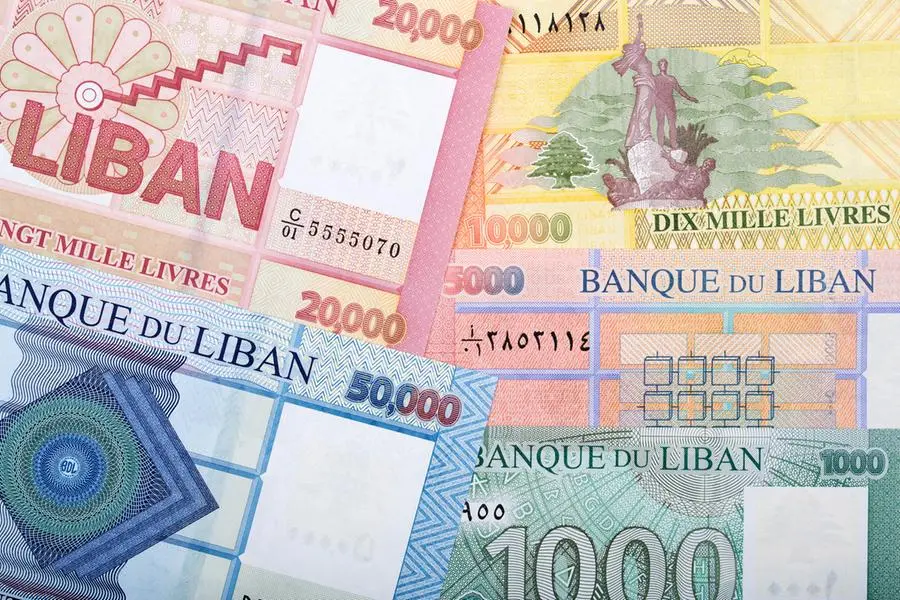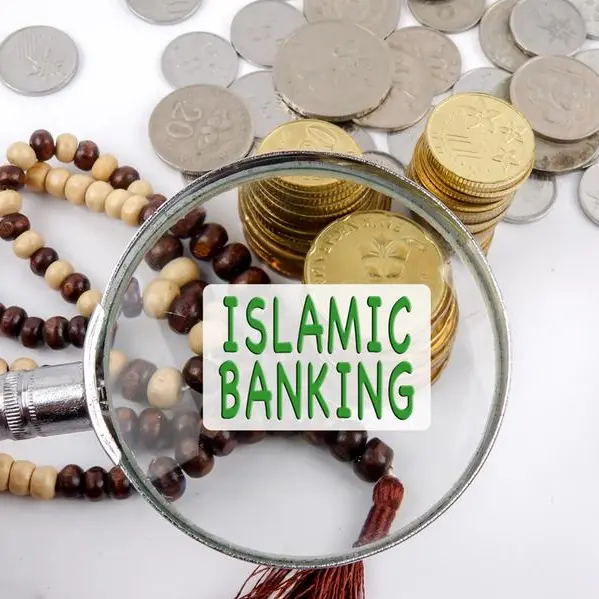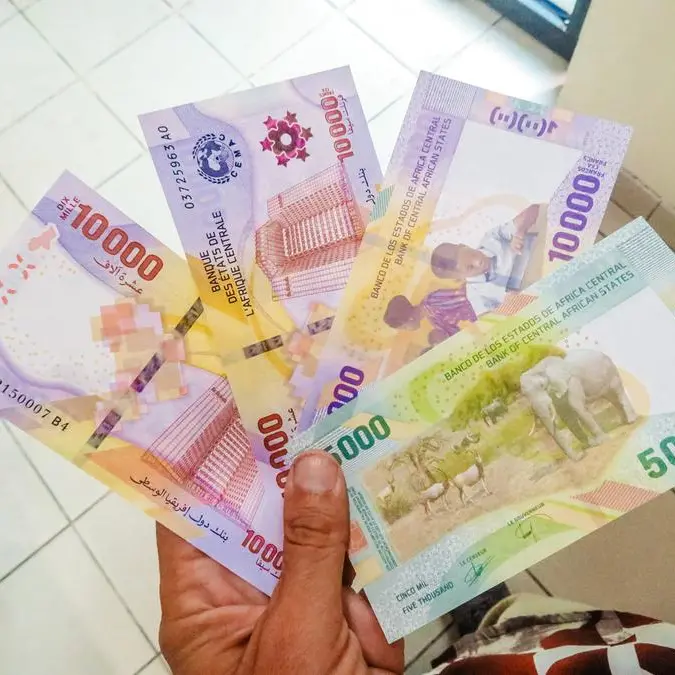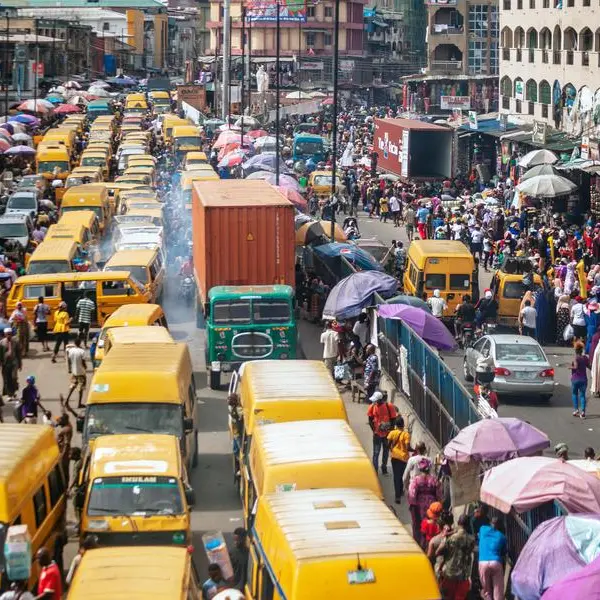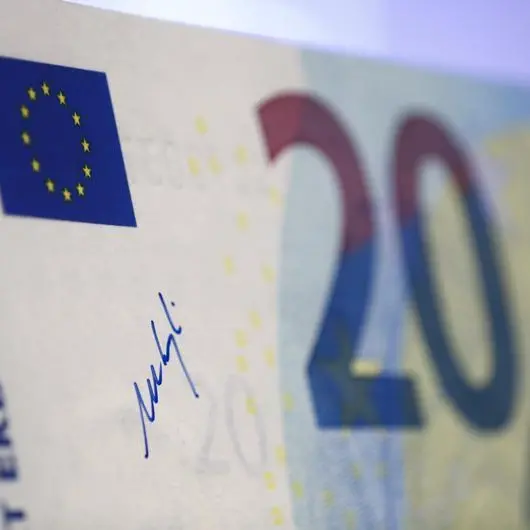PHOTO
Lebanon’s international bondholders have appointed Houlihan Lokey as financial adviser ahead of a revival of debt restructuring discussions, which are anticipated to take part later this year under the Middle East country’s new government.
The appointment comes five years after Lebanon first defaulted. Initial restructuring negotiations followed but faltered in 2022 after the Lebanese government refused to accept proposals by the International Monetary Fund.
Much of the US$29bn of defaulted Eurobonds, by nominal value, fell to just six cents in the dollar. Since November, when a ceasefire was agreed between Israel and Iranian-backed paramilitary organisation Hezbollah, bond prices have tripled to 18 cents.
A new technocratic government, led by former judge Nawaf Salam, is now in place and negotiations with the IMF restarted this month. Discussions with creditors are also expected to resume.
Six firms pitched in early March to the ad hoc group of bondholders with Houlihan Lokey and GSA shortlisted, according to sources close to the situation.
The ad hoc group has added four members to its original five institutions. The new investors are Greylock, GMO, Morgan Stanley Investment Management and Neuberger.
Law firm White & Case is advising the bondholders, with Lazard and Cleary Gottlieb advising the government. Neither White & Case nor Lazard immediately responded to requests for comment.
Any restructuring is expected to be painful. The IMF’s last assessment of Lebanon for 2019, the year before default, put its debt-to-GDP ratio at 178%. Since then, GDP is estimated by the World Bank to have fallen by 40%, increasing the proportion of debt to around 300% of Lebanon’s economy.
That would suggest heavy losses for the country’s creditors. The situation is also complicated by irregularities at the central bank, which culminated in long-serving governor Riad Salameh stepping down in 2023.
The banking system has since been in stasis, with deposits mostly frozen and banks having to accept they will need to be recapitalised as part of the restructuring.
It is hoped that an IMF programme and accompanying debt restructuring proposals may be agreed by next year’s elections.
Source: IFR
